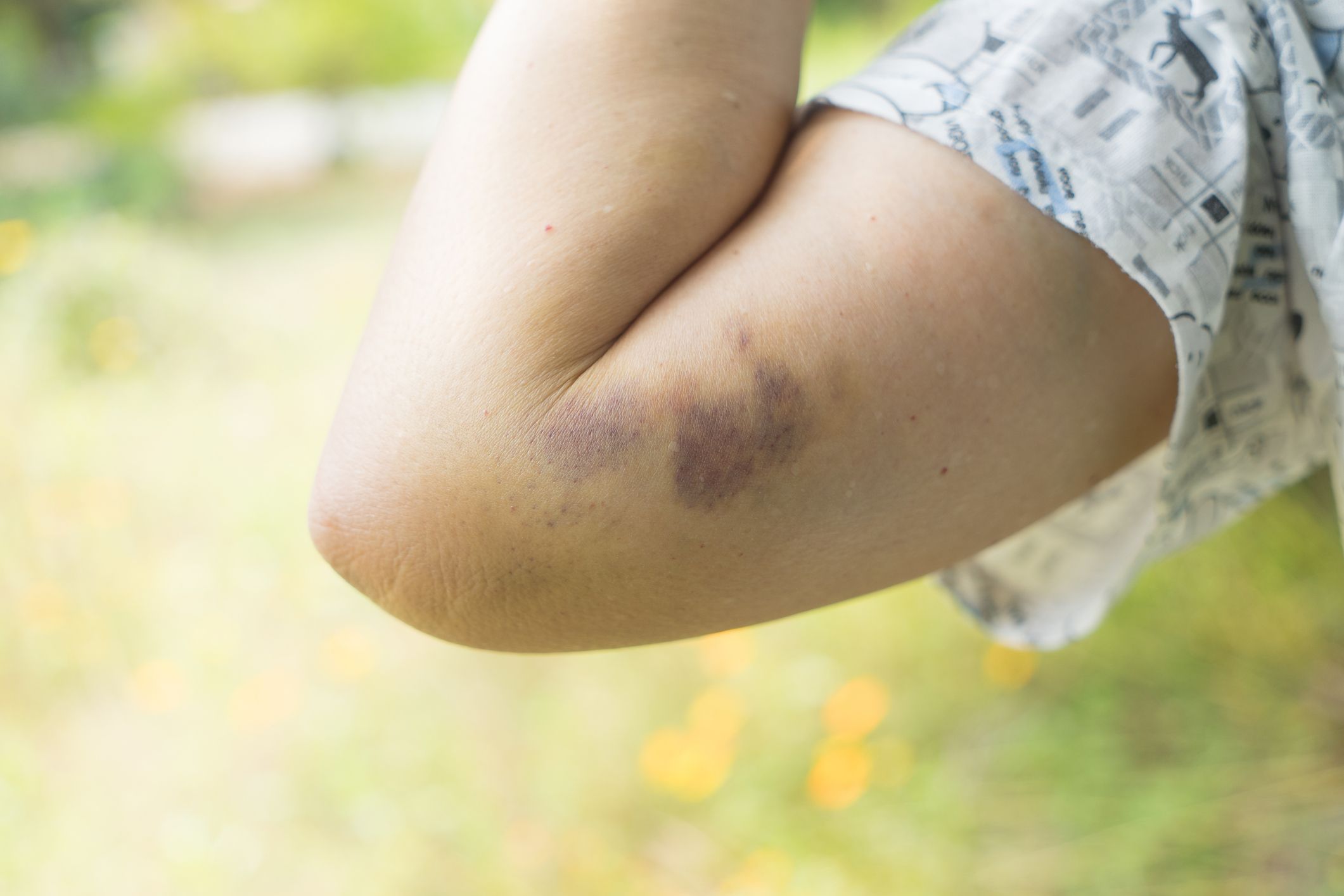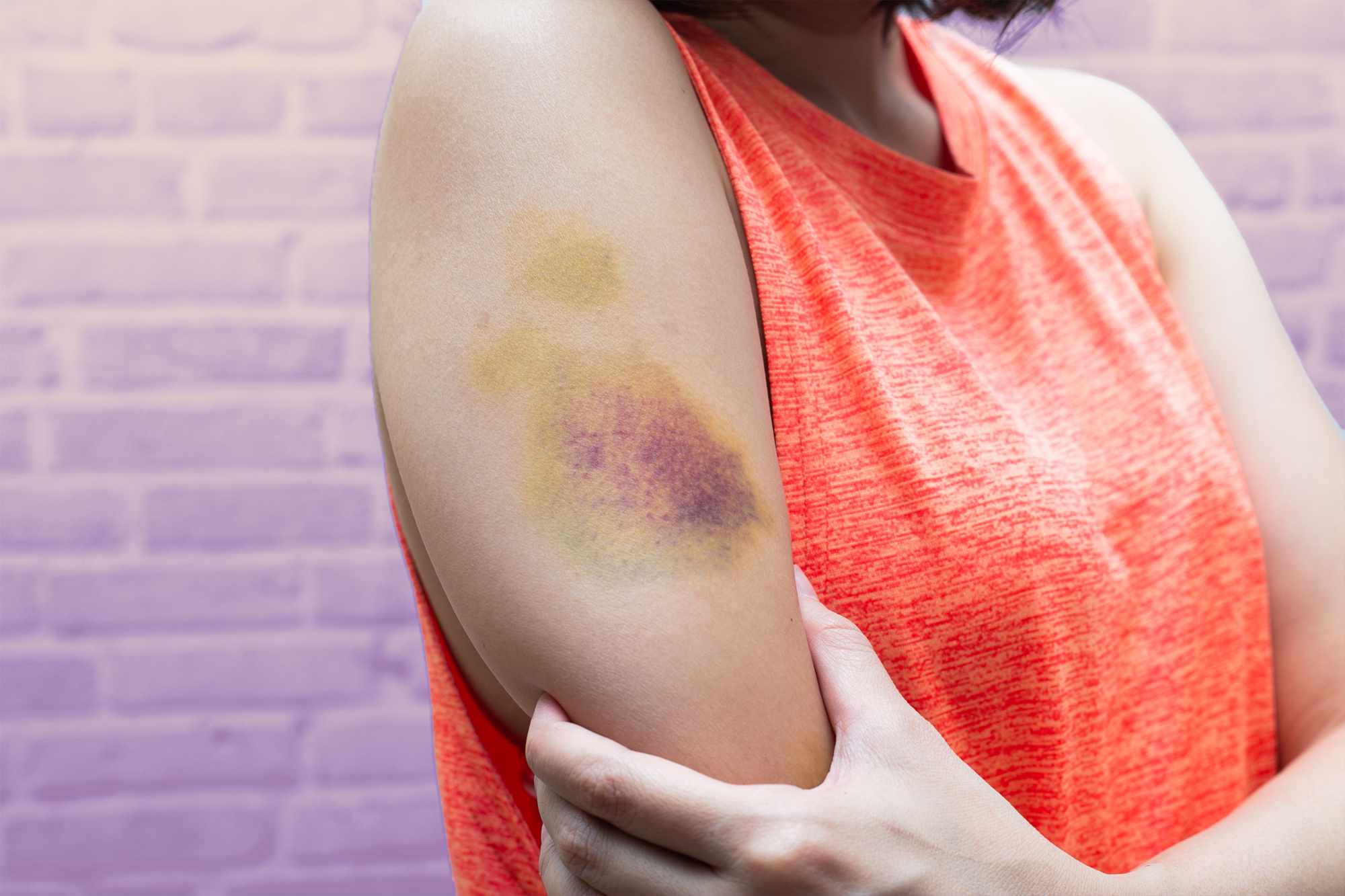If you’ve participated in a contact sport, been in a car accident, engaged in a physical altercation, or even bumped into furniture at night, you’re likely familiar with bruising. While bruises from such incidents are often expected, Dr. Cory Fisher, a family medicine physician at Cleveland Clinic, advises that unexplained bruising, especially on your face, back, or torso, warrants medical attention. Such bruising could signal an underlying medical condition, a serious internal injury, or be a side effect of medication.

What Exactly is a Bruise?
A bruise, or contusion, is a skin discoloration caused by the breakage of small blood vessels under the skin, known as capillaries, due to injury or trauma. Dustin Portela, a board-certified dermatologist and founder of Treasure Valley Dermatology in Boise, Idaho, explains that the blood leaks into surrounding tissues, causing the characteristic discoloration. Most bruises are harmless, according to the Mayo Clinic, but a larger blood collection, known as a hematoma, may require medical intervention. Hematomas are larger, deeper, and firmer than regular bruises and can be life-threatening if they occur near the brain, leading to a condition known as a subdural hematoma.
The Healing Process of Bruises
Fortunately, most bruises resolve on their own without much concern. The healing process involves the breakdown of the blood from the broken capillaries. Initially, a bruise appears reddish, then turns blue or dark purple as the blood loses oxygen and begins to decompose. This process typically lasts from a few days to two weeks, depending on the injury’s severity and the individual’s healing rate.
Accelerating Bruise Healing
While the body naturally heals bruises, certain methods can expedite the process, especially if the bruise is in a noticeable place or appears at an inconvenient time. Applying a cold compress immediately after an injury can help reduce blood flow to the area, minimizing the bruise. Later, switching to warm compresses can increase blood flow and aid in healing.
Dr. Neha Pathak, chief physician editor at WebMD, recommends elevating the injured area if possible and using over-the-counter pain relievers and creams containing arnica or vitamin K to reduce pain and swelling. However, evidence of these treatments’ effectiveness in rapidly resolving bruises is limited. Using a neutralizing concealer one or two shades lighter than your skin tone can help hide a bruise. Additionally, avoiding re-injury to the area is crucial to prevent further damage and delay the healing process. Portela also suggests keeping the bruise out of direct sunlight while it heals.
Additional Remedies and Precautions
Icing the area soon after an injury may also help minimize bruising, but Dr. Steven Maher, an emergency medicine physician at Mayo Clinic in Arizona, advises using a barrier like a towel to avoid direct contact with the skin. Epsom salts in a warm-water bath can alleviate pain and inflammation, though there’s no research to suggest it speeds up bruise healing.

While bruises are a common occurrence, understanding their causes and knowing when to seek medical attention can be crucial. Employing certain remedies can help manage and potentially speed up the healing process, ensuring a quicker return to normal activities.
